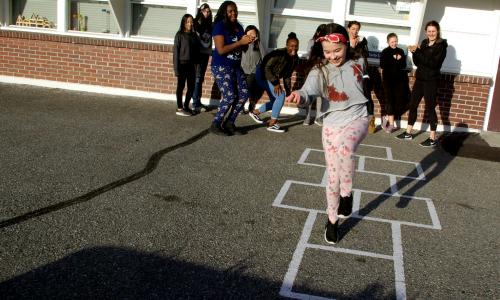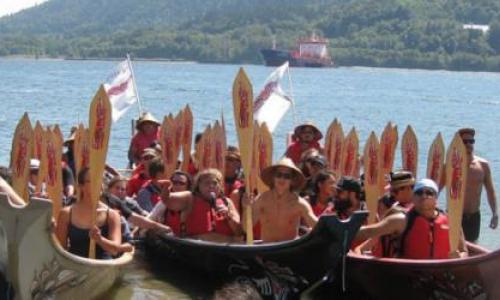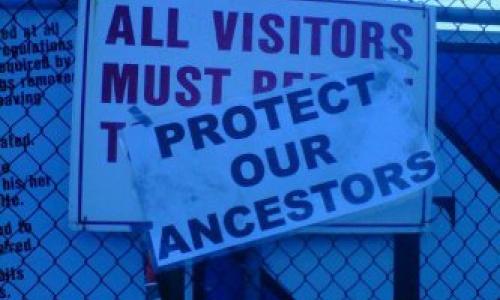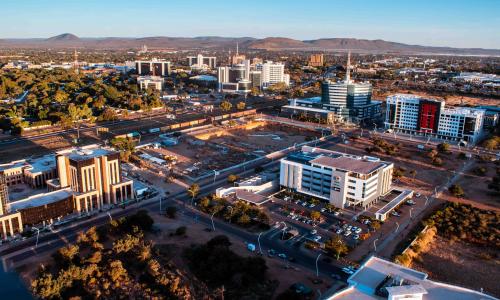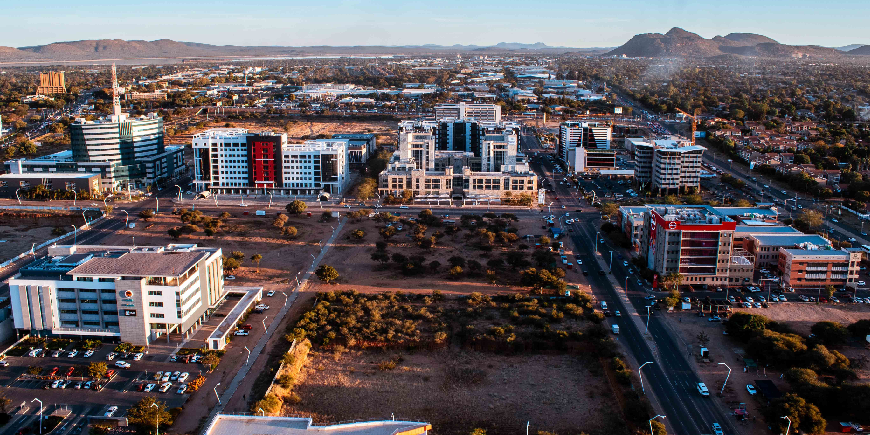
As my time here is coming to an end I realized that the one thing I have hardly talked about in all my e-mails home is HIV/AIDS – the very thing I came here to develop a better understanding of. I wanted to learn about HIV/AIDS in a context where is mattered, a place where it impacted everyone, everyday.
I will forewarn you that the following may be a lengthy, but undoubtedly, the one you should read.
Everyone here knows about HIV/AIDS, there are excellent education programs in place, and luckily, in Botswana, there are very few misconceptions about how HIV is transmitted. In other places, people still believe in virgin cleansing (that having sex with a virgin will cleanse your body of the HIV virus). Despite all this amazing education, no one ever talks about HIV. I have known of more people going to funerals in the last three months in Botswana than I have in the whole of my life in Canada.
The truth it is that approximately 40% of people in Botswana are infected with HIV – that is the second-highest rate in the world. Motswana are lucky, their government has money from legal diamond trade to provide free antiretrovirals (ARVs) to those in need.
The reality is that most people don't know their HIV status. There is so much stigma surrounding HIV that many people are afraid to go to a testing clinic because just by being there they would be assumed to be HIV by peers.
When expecting mothers go for their first check-up with the doctors, they are automatically tested for HIV as part of a program to prevent mother-to-child transmission. Of the expecting mothers, every 1 in 3 is HIV positive and has no idea. Knowing their status before giving birth gives them options to prevent transmission of HIV to the unborn child.
My reality surrounding HIV/AIDS is what has kept me believing that every person is a wonderful, loving and caring person. I have seen children disowned by their parents because of this disease. I have seen children of three years old with Kaposi's sarcoma (a type of cancer that is likely to develop in late-stage AIDS) spotting the scalp of a 3-year old boy. I have seen young children crying themselves sick over lost parents.
I have also seen a man who when I arrived was so wasted from this disease he could hardly walk, eat or move, he just lay on a couch all day. He slept most of the day, waking only to take in some food and water, and maybe some light conversation. Only two and a half months later, he was singing and dancing with the staff of the hospice during a farewell party.
I meet Kefilwe, a young woman diagnosed with HIV in 1997 when she went in for her first pregnancy check-up. She immediately took up treatment, and became a patient of the hospice so that she could remain healthy throughout her pregnancy. She took every preventative measure to ensure that her baby could be HIV-free. Her little one was born five weeks premature – so tiny that no one thought she would survive – but she did, and she was HIV-free. Now nine-years-old, this young girl walks around holding her mom's hand and boasting a smile that brightens an entire room.
Now that is the reality of HIV…
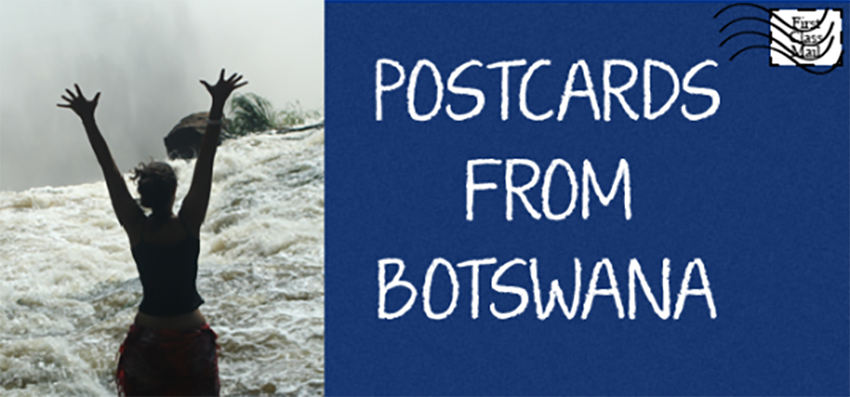
Beyond the Blog
-
Find out more about the Biomedical Physiology and Kinesiology Co-op Program.
-
Find out more about working internationally through the International Co-op Program.









